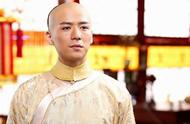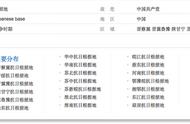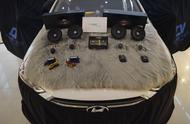1、后位限定词many和much 用来修饰作宾语的名词中心词时,经常用于疑问、否定和条件句中。这时在肯定句中多用a great/good deal of,a lot of, lots of, plenty of, a large quantity of等
I haven't done much work today. 今天我没做多少工作。
Do you take much interest in it? 你对此很感兴趣吗?
There are plenty of men out of work. 有许多人失业。
He has given me a great deal of help. 他给了我很大的帮助。
2、many和much用来修饰作主语的名词中心词时,多用于肯定句中
There are many,many reasons against it. 有很多很多理由反对此事。
3、too many,too much, a good many,a great many既可用于肯定句,也可用于否定句中
We are using far too much electricity. 我们的用电量太多了。
I haven't done too many/ a great many exercises. 我没有做多少练习。
4、作为many和much比较级和最高级的more和most可用来修饰复数名词和不可数名词
We went abroad to gain more experience. 我们去国外以获取更多经验
There were more casualties than was reported. 伤亡人数比报道的多。
more可以位于后位限定词many,much,a few, a little等,以及中位限定词some,any等之后,意义为"更多的,另外的"
She planned to buy some more clothes. 她打算再多买点衣服。
Much more money has been spent on that project. 更多的钱都花在那项工程上













